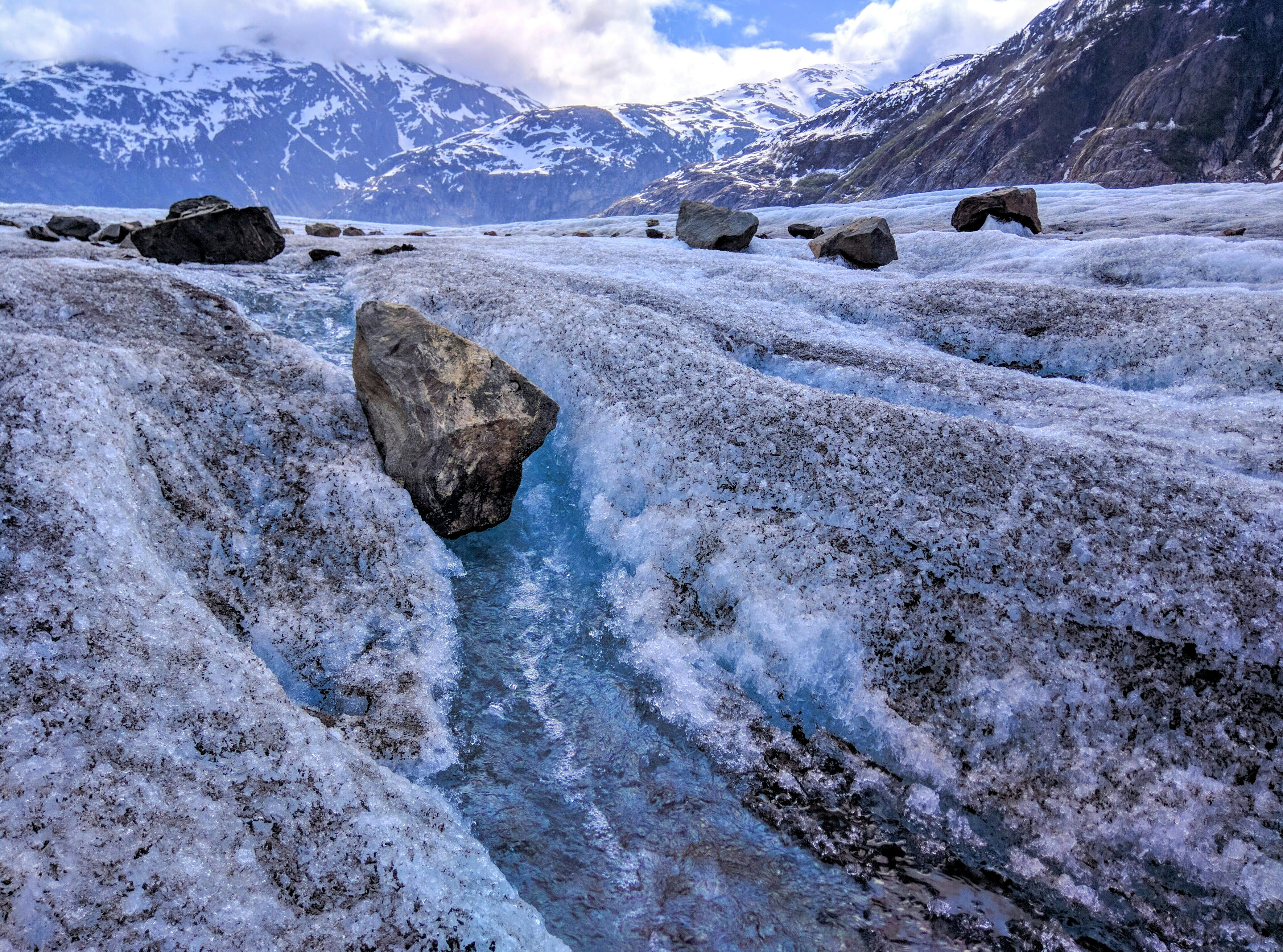Have you ever wondered how you can incorporate a cold plunge into your daily routine for both physical and mental benefits? You might have heard about its growing popularity and the numerous benefits it promises—enhanced circulation, improved recovery from workouts, increased energy levels, and even a boost to your mental well-being. Yet, starting a daily cold plunge routine can seem daunting if you don’t know where to begin. Let’s talk about how you can gradually introduce this invigorating activity into your lifestyle and make it a sustainable habit.
Understanding the Benefits of Cold Plunging
Before diving into the how-tos, it’s helpful to understand why cold plunging is so beneficial in the first place. You might be motivated to succeed in your routine when you’re clear on the potential rewards.
Enhanced Circulation and Recovery
Cold water immersion causes your blood vessels to constrict—an action called vasoconstriction. Once you emerge from the cold plunge, your vessels expand again, improving circulation throughout your body. This process aids in flushing out metabolic waste post-exercise and enhances recovery by reducing muscle inflammation and soreness.
Boosted Mental Health
There’s a certain mental clarity and invigoration that comes from a cold plunge. You see, exposure to cold stimulates the production of norepinephrine—a hormone that can help elevate your mood, sharpen focus, and reduce stress. For many, the feeling of accomplishing this daily challenge also boosts overall mental resilience and confidence.
Increased Energy Levels
Cold plunging revitalizes your body by triggering a series of physiological responses. The cold acts as a stressor that your body responds to by increasing its metabolic rate to produce heat, often resulting in heightened energy levels that last for hours.
Preparing Yourself and Setting Up
Now that you’re aware of the benefits, let’s discuss how you can prepare yourself and create a conducive environment for your cold plunge routine.
Finding the Right Place
Identify a location in or near your home where you can comfortably perform your cold plunges. It could be an outdoor tub, a home bathtub filled with ice water, or a local body of water if weather and safety allow. Ensure that the place is safe, private, and compliant with any personal preferences you have for comfort and accessibility.
Gathering Necessary Equipment
To make your routine smooth and enjoyable, gather the essentials you might need for the cold plunge. You’ll want a reliable source of cold water and possibly bags of ice, a timer, a thermometer to monitor water temperature, and towels or robes to warm up afterward. Consider waterproof footwear for wet outdoor paths, or insulating caps if your head gets cold easily.
Setting Your Goals
Start with clear, achievable goals for your cold plunges. Maybe you want to gradually increase your time in the water or start at a moderate temperature and decrease it over time. Define what success looks like for you, and ensure your goals feel motivating rather than overwhelming.
Taking Your First Cold Plunge
Stepping into cold water can be a shock to your system. The key is to go in prepared, both mentally and physically.
The Initial Steps
When you’re just beginning, spend a few minutes on deep breathing exercises before entering the water. This practice will help center your mind and reduce anxiety. When you’re ready, enter the water gradually—dunking your feet first, then your body. Focus on calm, slow breathing to help you adjust.
Timing and Temperature
For beginners, aim for a water temperature between 50°F and 60°F (about 10°C to 15°C) and stay submerged for one to two minutes. As you grow more comfortable, you can decrease the water temperature and extend your time. The key is to listen to your body and stay safe.
Building Consistency in Your Routine
The benefits of cold plunging come with consistency. Let’s explore strategies to help you stick with your routine over time.
Establishing a Routine
Integrate your cold plunge into an existing daily routine. Whether it’s part of your morning ritual or your cooldown after exercise, having a fixed time slot in your day makes it easier to form a habit. You might decide that a plunge right after waking up or just before bed complements your lifestyle best.
| Time of Day | Advantages |
|---|---|
| Morning | Boosts energy for the day |
| Post-Workout | Enhances recovery |
| Evening | May improve sleep quality and mental clarity |
Tracking Your Progress
Keep a journal or use an app to log your cold plunge experience, temperature, duration, and how you felt afterward. This practice reinforces your commitment and allows you to see patterns, celebrate milestones, and identify what works best for you.
Staying Motivated
Incorporate motivational techniques to keep you committed. Consider finding a plunge partner for accountability or immersing yourself in a supportive community online. Celebrate small accomplishments and remember to be gentle with yourself during challenging days.
Addressing Challenges and Staying Safe
Embarking on a cold plunge routine will present its own set of challenges. Here are a few tips for handling discomfort and ensuring your safety.
Managing Discomfort
The initial shock of cold water can be intense, but practicing patience and focusing on slow, controlled breathing helps you acclimate. Over time, your ongoing exposure will enhance your cold tolerance, reducing the initial discomfort.
Safety Precautions
No routine is worth an injury, so always prioritize your safety. Avoid plunging if you’re feeling unwell, and consult your doctor if you have underlying health conditions or circulation issues. Always ensure that someone knows where you are if you plunge in remote areas, and be aware of hypothermia risks in extremely cold environments.
Dealing with Mental Barriers
There might be days when the thought of plunging seems more overwhelming than usual. Acknowledge these feelings—everyone encounters moments of doubt. Reconnect with your original motivations and reach out to a supportive friend or community if you need encouragement.
Listening to Your Body and Adjusting
Listen closely to what your body tells you—it will guide you to the optimal routine.
Recognizing Body Signals
Pay attention to any signs of distress during and after plunging, such as persistent shivering or numbness. Your body’s response will inform whether you should decrease time or increase the water temperature, ensuring a safe and beneficial experience.
Adapting Your Routine
As you continue, life changes might call for adjustments in your routine. You might find that seasonal shifts, physical condition, or schedule changes necessitate a new approach. Flexibility will allow you to enjoy the ongoing rewards of your routine.
Enjoying the Journey
Building a daily cold plunge routine is a journey—one filled with both challenges and triumphs. Celebrate being part of a practice with roots in ancient cultures and backed by modern health insights. As you consistently commit to this routine, you’ll develop not only physical resilience but also mental strength, and a deeper appreciation for life’s everyday challenges. Each plunge isn’t just a momentary dip into the icy depths, but a step closer toward holistic well-being.
May your cold plunge routine be both a thrill and a refuge, something you look forward to in your day. In time, the practice will not only invigorate your mornings or soothe your nights but will become a testament to your personal growth and well-being. Your journey with cold plunges may very well become a portal into a more vibrant and conscious living experience.




